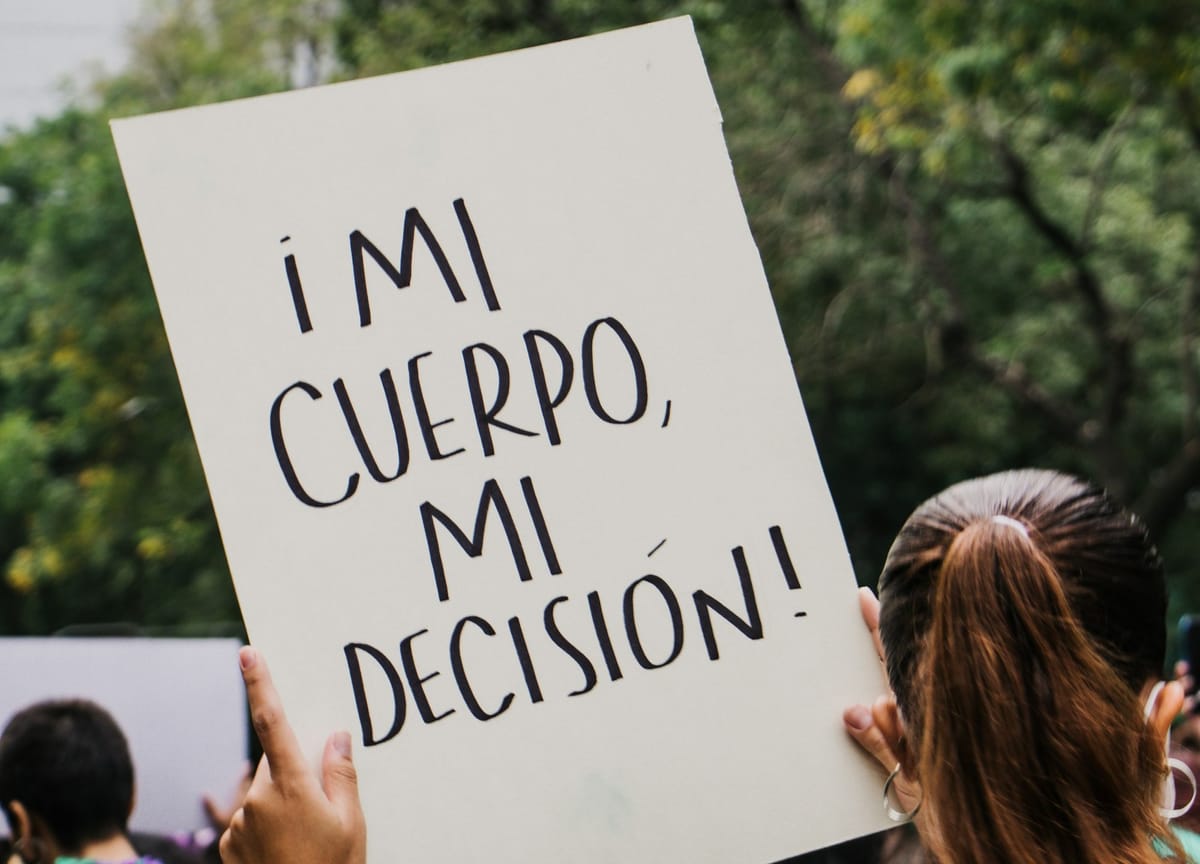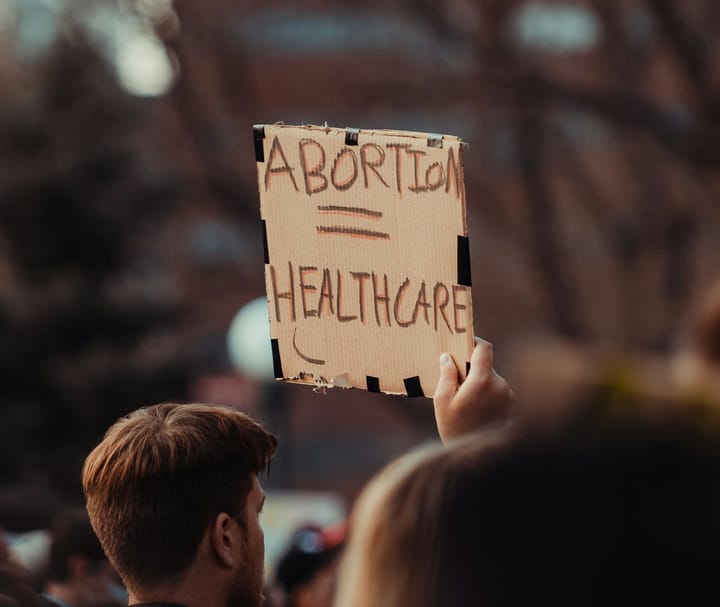Global Reproductive Experts React To Texas Arrests
While the news of the first criminal charges against the Texas abortion ban sent shockwaves around the state and country, many global reproductive rights experts recognized a pattern.

Last month, Attorney General Ken Paxton announced the arrests of three individuals, including a midwife, for violating the state’s restrictive abortion ban. The arrests of Maria Rojas, and two employees of her network of clinics near Houston, represented the first criminal charges against individuals since Texas enacted its near-total abortion ban in 2021.
While the news sent shockwaves around the state and country, many global reproductive rights experts were not taken aback by the development. In fact, they recognized a pattern. Rojas serves a predominantly Spanish-speaking community, making her a member of a marginalized group that has frequently been punished for providing health care.
The Texas Signal spoke with Paula Avila-Guillen, a Colombian human rights attorney and the Executive Director of The Women’s Equality Center, about the arrest of Rojas and what it could portend for reproductive health in the United States. The Women’s Equality Center works to strengthen reproductive freedom and justice in Latin America.
While Avila-Guillen was a little surprised that the first arrest was a provider, she was not surprised by the type of provider, namely a Latina. In Latin America, the vast majority of those charged with abortion are the patients or those helping them (not the providers). But those charged often come from the most vulnerable of communities and are poor or indigenous.
In Texas, Avila-Guillen notes that Rojas is working within an underserved and low-income community. “It’s very telling that they are picking people that they think would not have the same level of support from the public,” she said.
Given her work in Latin America, Avila-Guillen is also not surprised by this escalation from the Texas Attorney General against those working in reproductive health care. For years she was trying to warn American colleagues about the similarities she was seeing from lawmakers in Republican states to countries in Latin America that had criminalized abortion.
Now, there has almost been a reversal of fortune. The landscape for abortion access in Latin America has dramatically changed in the last several years in places like Argentina, Colombia, and Mexico.
Because of her background, Avila-Guillen does view the recent actions in Texas through a different lens. She describes what she is currently seeing as “dangerous.” She points out that in addition to arresting Rojas and two employees of a health clinic, Paxton has also been pursuing a legal judgment against a New York doctor for sending abortion pills to a woman in Collin County. And the abortion shield laws in places like New York, meant to protect providers, seem to be a target for red states like Texas.
“This is a moment in which every part of the system is using [their] power to criminalize anything related to or connected to abortion,” said Avila-Guillen. Last week, Rojas and her attorney appeared in court for the first time and challenged the very nature of the arrest. The clinics remained closed, but Rojas is free after posting bail.
While Rojas awaits the next steps in her legal journey, the world is watching what happens in states like Texas. The work of the Women’s Equality Center has changed significantly since the new Trump administration, which houses many anti-abortion activists, came into office. Now, Latin America has to contend with a slew of emboldened candidates that are mimicking the anti-abortion rhetoric from the United States.
For Avila-Guillen, it’s just another reminder about how abortion is truly a worldwide issue. “The fights that we are fighting in our own countries, become global fights.”



Comments ()